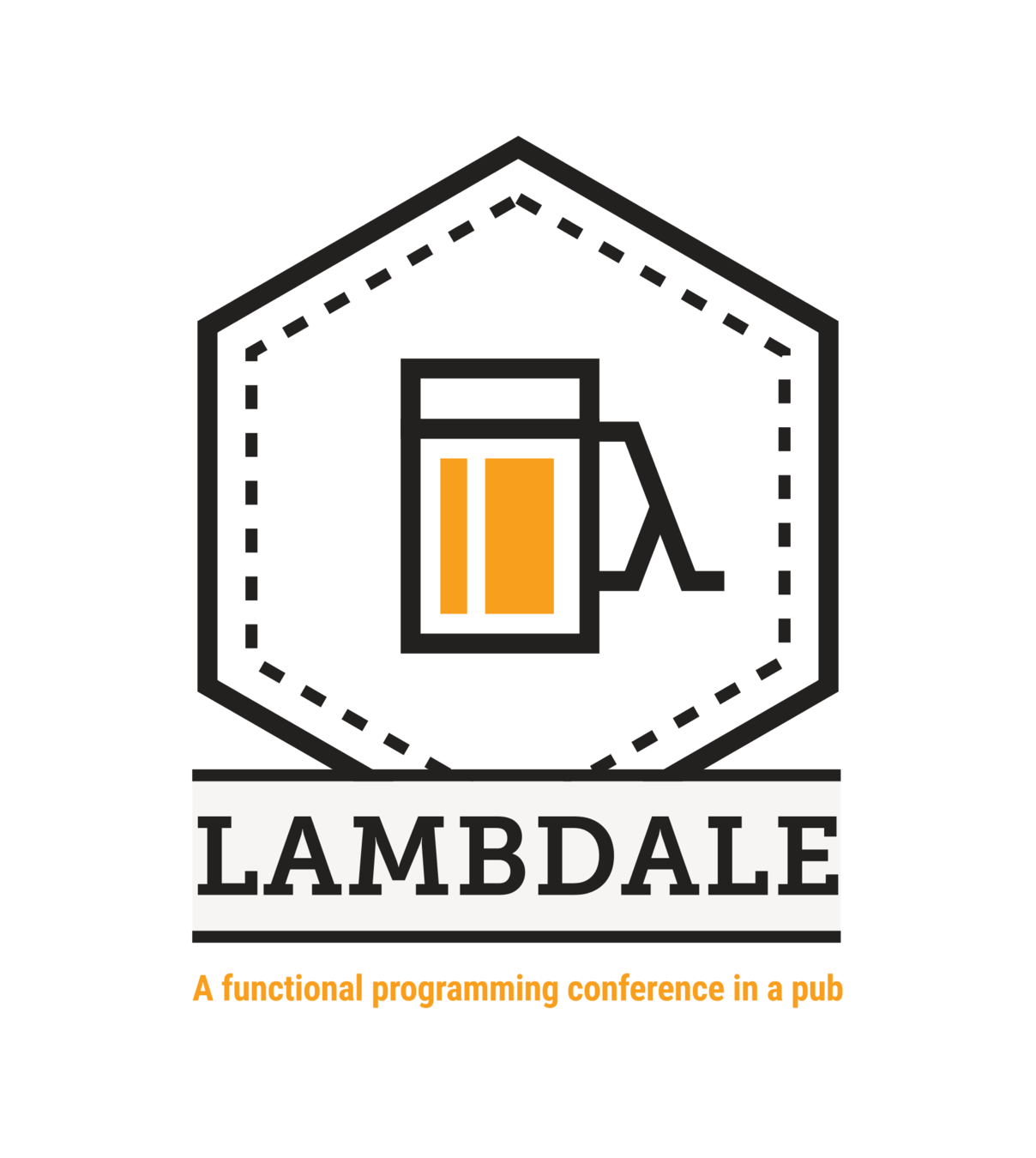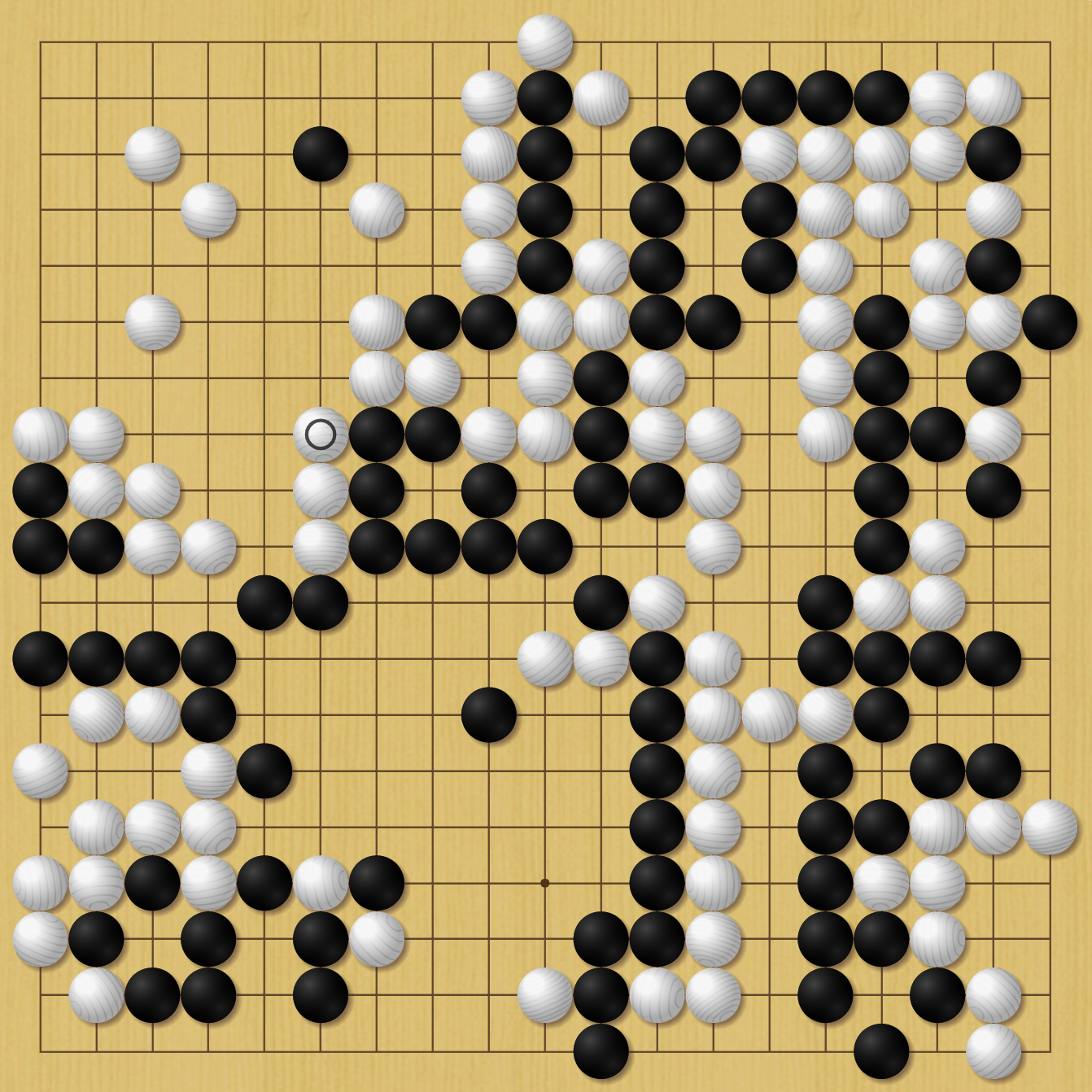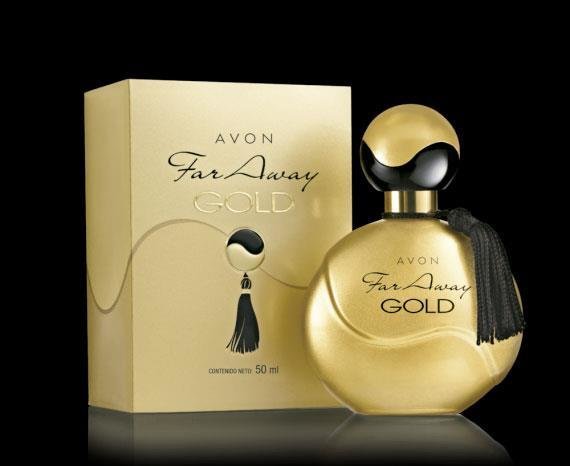
London
21st September
CFP closing soon
Reinforcement learning
in Scala
Chris Birchall

Reinforcement learning

Unsupervised learning

Delayed rewards

Environment

Markov Decision Process
- State machine satisfying Markov property
- Defines two functions:
- Given current state and an action, what is the next state?
- Given current state, action and next state, what is the reward?

Environment.scala
trait Environment[State, Action] {
def step(
):
}Environment.scala
trait Environment[State, Action] {
def step(
currentState: State,
actionTaken: Action
):
}Environment.scala
trait Environment[State, Action] {
def step(
currentState: State,
actionTaken: Action
): (State, Reward)
}Environment.scala
type Reward = Double
trait Environment[State, Action] {
def step(
currentState: State,
actionTaken: Action
): (State, Reward)
}Environment.scala
type Reward = Double
trait Environment[State, Action] {
def step(
currentState: State,
actionTaken: Action
): (State, Reward)
def isTerminal(state: State): Boolean
}Agent

Agent
At every time step t
- knows what state it is currently in
- chooses an action to take
- is told the new state, and what reward it received
- learns something!
AgentBehaviour.scala
trait AgentBehaviour[AgentData, State, Action] {
}AgentBehaviour.scala
trait AgentBehaviour[AgentData, State, Action] {
def chooseAction(
agentData: AgentData,
state: State,
validActions: List[Action]
):
}AgentBehaviour.scala
trait AgentBehaviour[AgentData, State, Action] {
def chooseAction(
agentData: AgentData,
state: State,
validActions: List[Action]
): (Action, )
}AgentBehaviour.scala
type Reward = Double
case class ActionResult[State](reward: Reward,
nextState: State)
trait AgentBehaviour[AgentData, State, Action] {
def chooseAction(
agentData: AgentData,
state: State,
validActions: List[Action]
): (Action, ActionResult[State] => AgentData)
}Runner
- Start with initial agent data and state
- At every time step:
- Ask the agent to choose an action
- Tell the environment, which will return the new state and a reward
- Tell these to the agent, which will return an improved version of itself
- (Update the UI)
Runner
var agentData = initialAgentData
var currentState = initialState
def step(): Unit = {
}
Runner
var agentData = initialAgentData
var currentState = initialState
def step(): Unit = {
val (nextAction, updateAgent) =
agentBehaviour.chooseAction(agentData, currentState, ...)
}
Runner
var agentData = initialAgentData
var currentState = initialState
def step(): Unit = {
val (nextAction, updateAgent) =
agentBehaviour.chooseAction(agentData, currentState, ...)
val (nextState, reward) =
env.step(currentState, nextAction)
}
Runner
var agentData = initialAgentData
var currentState = initialState
def step(): Unit = {
val (nextAction, updateAgent) =
agentBehaviour.chooseAction(agentData, currentState, ...)
val (nextState, reward) =
env.step(currentState, nextAction)
agentData = updateAgent(ActionResult(reward, nextState))
currentState = nextState
updateUI(agentData, currentState)
}
DEMO
Gridworld
How does it learn?
- State-action values
- Policies
- Prediction and control
- Model-free vs model-driven
- Exploitation vs exploration
- Bootstrapping
State-action values
For each state s
(e.g. agent is in cell (1, 2) on the grid)
and each action a
(e.g. "move left"),
Q(s, a) = estimate of value of being in state s and taking action a
(Q*(s, a) = the optimal value)
Value?
Total return of all rewards from that point onward
Policy
If we have a state-action value function Q(s, a),
then making a policy is trivial
Agent needs a policy:
"If I'm in some state s, what action should I take?"
If I'm in state s,
choose the action a with the highest Q(s, a)
My Super Awesome Policy
| (state, action) | Q(s, a) |
|---|---|
| ((1, 1), Move Left) | 1.4 |
| ((1, 1), Move Right) | 9.3 |
| ((1, 1), Move Up) | 2.2 |
| ((1, 1), Move Down) | 3.7 |
"If I'm in state (1, 1), I should move right"
Reduce a hard problem (learning an optimal policy)
into two easier problems:
- "evaluation"/"prediction"
- measure the performance of some policy π
- "improvement"/"control"
- find a policy slightly better than that one
Prediction and control
- Start with arbitrary policy
- Repeat:
- Evaluate current policy
- Improve it slightly
General strategy
Model-free/model-driven

Exploitation/exploration
ε-greedy
follow the policy most of the time,
but occasionally pick a random action
Bootstrapping
Basing estimates on other estimates
Eventually converges to the right answer!

Recap
- State-action values
- Policies
- Prediction and control
- Model-free vs model-driven
- Exploitation vs exploration
- Bootstrapping
Q-learning
- Model-free
- Exploration
- Bootstrapping
Q-learning
QLearning.scala
case class QLearning[State, Action](
α: Double, // step size, 0.0 ≦ α ≦ 1.0
γ: Double, // discount rate, 0.0 ≦ γ ≦ 1.0
ε: Double, // 0.0 ≦ ε ≦ 1.0
Q: Map[State, Map[Action, Double]]
)Agent data
QLearning.scala
object QLearning {
implicit def agentBehaviour[State, Action] =
new AgentBehaviour[QLearning[State, Action], State, Action] {
type UpdateFn =
ActionResult[State] => QLearning[State, Action]
def chooseAction(
agentData: QLearning[State, Action],
state: State,
validActions: List[Action]): (Action, UpdateFn) = {
...
}
}
}Agent behaviour
QLearning.scala
def chooseAction(
agentData: QLearning[State, Action],
state: State,
validActions: List[Action]): (Action, UpdateFn) = {
val actionValues =
agentData.Q.getOrElse(state, zeroForAllActions)
// choose the next action
val (chosenAction, currentActionValue) =
epsilonGreedy(actionValues, agentData.ε)
...
}Agent behaviour
QLearning.scala
val updateStateActionValue: UpdateFn = { actionResult =>
val maxNextStateActionValue = ...
val updatedActionValue =
currentActionValue + agentData.α * (
actionResult.reward
+ agentData.γ * maxNextStateActionValue
- currentActionValue
)
val updatedQ = ...
agentData.copy(Q = updatedQ)
}
Agent behaviour
Scaling up to more interesting problems

trait StateConversion[EnvState, AgentState] {
def convertState(envState: EnvState): AgentState
}StateConversion.scala
DEMO
Pole-balancing
HOMEWORK
Pacman!
Next steps
- Smarter policies
- Softmax, decay ε over time, ...
- More efficient learning
- TD(λ), Q(λ), eligibility traces, ...
- Large/∞ state space
- Function approximation
- Deep RL
Learn more
-
Reinforcement Learning: An Introduction (Sutton & Barto
- RL Course by David Silver (DeepMind)
Thank you!
Slides, demo and code:
https://cb372.github.io/rl-in-scala/
Reinforcement learning in Scala [with LambdAle slide]
By Chris Birchall
Reinforcement learning in Scala [with LambdAle slide]
- 2,438



